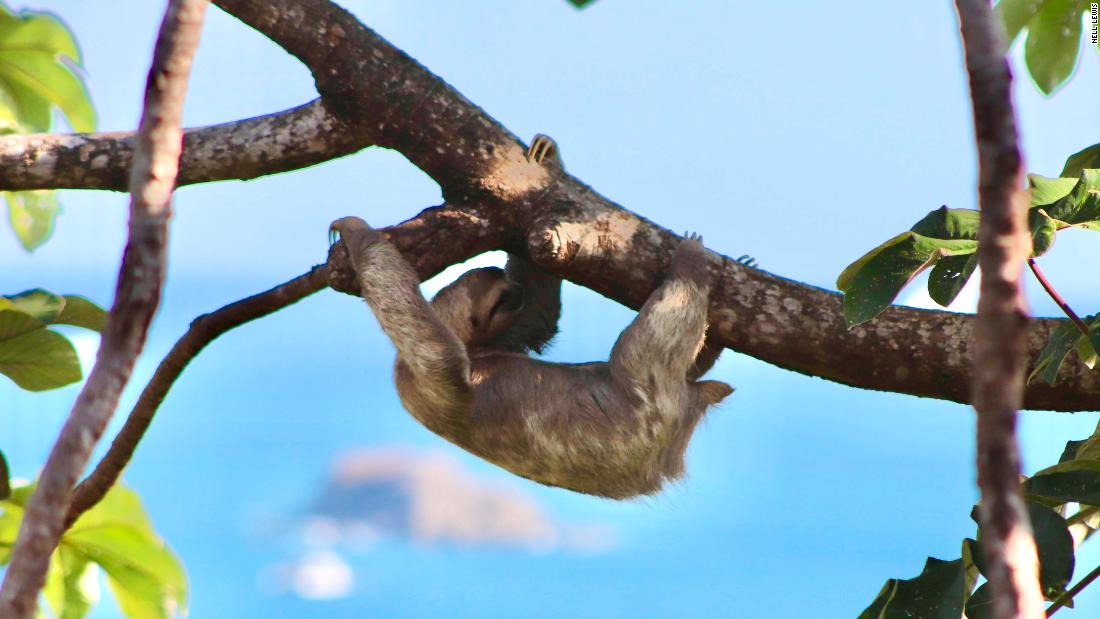
(CNN) – If you are planning a trip to Costa Rica, this is what you need to know and expect if you want to visit it during the global coronavirus pandemic.
The basics
Costa Rica reopened to tourism in November. The country has eased restrictions in recent weeks and is studying the possibility of creating a digital nomadic visa to attract visitors who will make lasting contributions to the local economy.
What is offered?
Costa Rica is known for its “pure life” and aside from the pandemic, life is still pure here. This is a country for nature lovers, with a Caribbean and Pacific coast, and a jungle that covers about a quarter of the country. Whether you’re here for cloud forests, volcanoes, or amazing nature and wildlife, your shoulders will definitely drop a few inches.
Who can go
Everyone. Costa Rica reopened, even for tourism, on November 1, 2020. Still, there are restrictions, of course. And the standard visa rules still apply.
What are the restrictions?
Tourists traveling to Costa Rica must have valid travel insurance that covers potential quarantine accommodation of up to $ 2,000 and medical expenses of at least $ 50,000 due to Covid-19 This document must be accompanied by a certificate in English or Spanish, indicating the name of the policyholder, the dates of coverage and the guarantees stipulated above.
If you are unable to obtain a policy that includes quarantine insurance, there are suggestions from insurers on the Health Pass website.
Costa Rican residents and nationals may be subject to personal isolation upon arrival.
Land borders are closed to non-residents and residents crossing by land must be quarantined for 14 days upon arrival.
What is the Covid situation?
Costa Rica has seen 206,000 cases and fewer than 3,000 deaths during the pandemic. Along with Mexico, it was the first country to receive vaccines in December. About 150,000 people have been vaccinated so far.
What can visitors expect?
Things return to relative normalcy. National parks and beaches are open, the latter until 6 p.m. Restaurants and bars have reopened, but clubs have not, and numerous concerts and groups are banned.
There is a night curfew between 23:00 and 5:00 in the morning, which has ended the daytime driving restrictions, which were previously applied (except in the capital San José, where the restrictions of congestion are the norm).
Useful links
Our recent coverage
CNN’s Julia Buckley contributed to this report